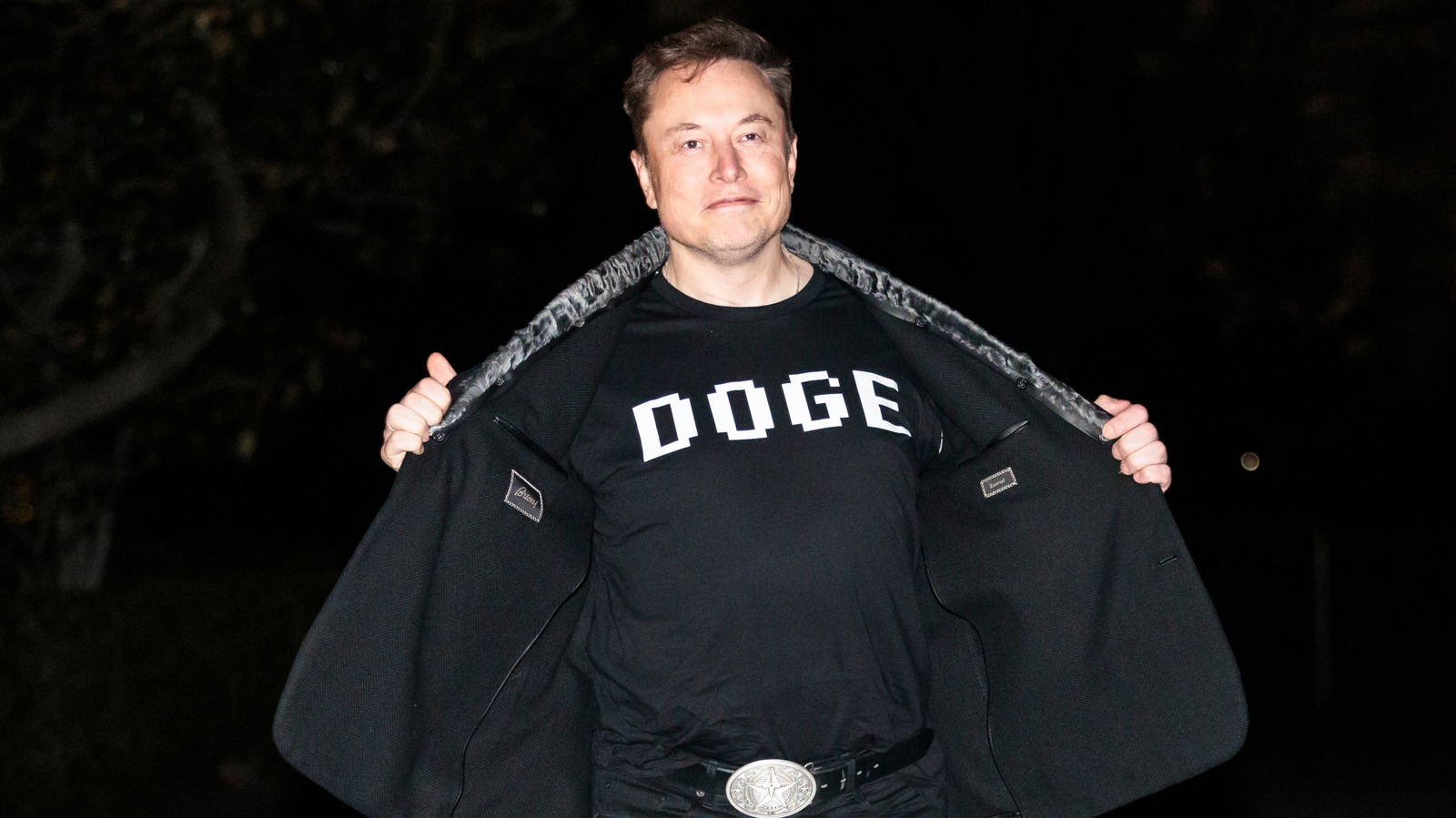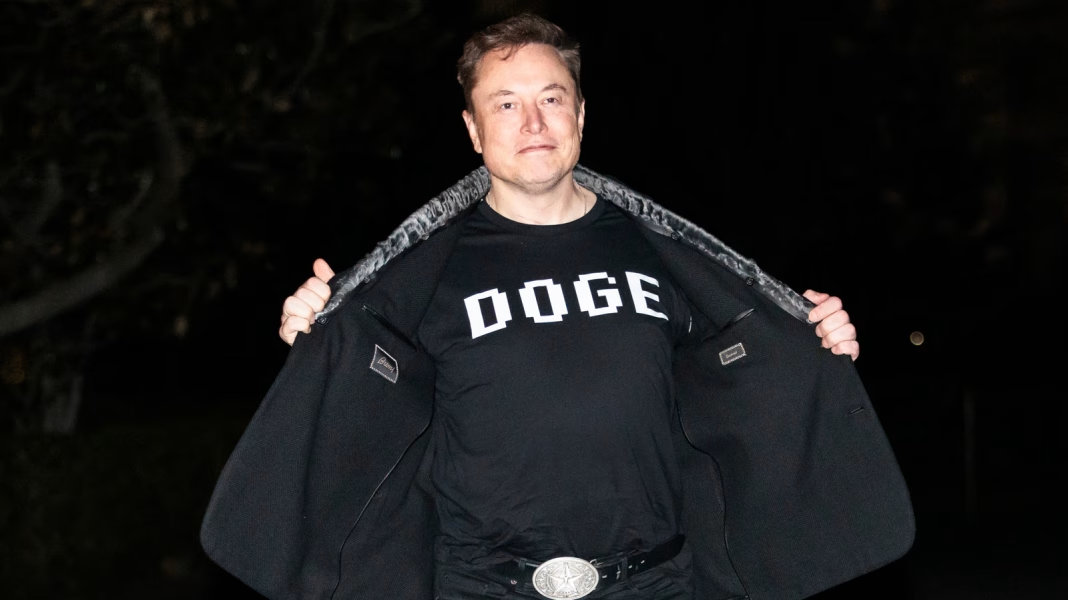Why Are Some Americans Rethinking Electric Cars?
A few years back, electric vehicles (EVs) felt like the future on fast-forward. Showrooms buzzed with excitement, and waiting lists stretched for months. But lately, there’s been a noticeable shift—especially among Americans who once championed battery-powered cars. What’s behind this change of heart?
How Has Elon Musk’s Public Persona Affected EV Sentiment?
It’s impossible to talk about the EV boom in America without mentioning Elon Musk. The Tesla CEO didn’t just build electric cars—he made them cool. But as Musk’s public image has shifted, so has the conversation around EVs. According to a 2024 Pew Research Center survey, nearly 40% of liberal-leaning Americans say they’re less likely to consider a Tesla because of Musk’s increasingly polarizing political statements.
This isn’t just about one man’s tweets. For many, Musk’s rightward turn has made Tesla feel less like a symbol of progress and more like a political statement. That’s a tough pill to swallow for buyers who once saw EVs as a badge of environmental responsibility.
Are All Electric Cars Losing Their Shine—or Just Teslas?
You might expect this backlash to be Tesla-specific. Surprisingly, it’s not. The same Pew study found that skepticism is bleeding into attitudes toward all EVs, not just those with a Tesla badge. Some drivers now associate electric cars with broader cultural debates, rather than just clean technology.
Anecdotally, car dealers in coastal cities report that buyers who once asked for the latest EV are now pausing to reconsider. They’re weighing everything from charging infrastructure to the politics swirling around the industry. The result? Some are sticking with hybrids, or even returning to efficient gas models.
What About the Practical Concerns—Are They Fueling the Shift?
Politics aside, there are real-world headaches that have cooled enthusiasm for EVs. Charging anxiety remains a big one. While the number of public charging stations in the US has doubled since 2020, the Department of Energy notes that rural areas and apartment dwellers still face major gaps.
Then there’s the cost factor. Despite federal incentives, the average price of a new EV hovers around $53,000, according to Kelley Blue Book. That’s a steep climb for many families, especially as interest rates rise. Add in concerns about battery longevity and resale value, and it’s easy to see why some early adopters are hitting the brakes.
How Are Automakers Responding to Changing Attitudes?
Car companies aren’t blind to the shifting winds. Ford, GM, and Hyundai have all announced plans to diversify their lineups, doubling down on hybrids and plug-in hybrids alongside pure electrics. In fact, hybrid sales jumped 53% in 2023, outpacing fully electric models for the first time in years, per data from the Alliance for Automotive Innovation.
Some automakers are also rethinking their marketing. Instead of pitching EVs as a political or lifestyle choice, they’re focusing on practical benefits: lower fuel costs, fewer oil changes, and the quiet thrill of instant torque. The message? You don’t have to be an activist—or a tech bro—to enjoy an electric car.
What Does This Mean for the Future of EV Adoption?
So, where does all this leave us? The EV revolution isn’t stalling out, but it is evolving. As the hype cools, buyers are getting more pragmatic. They want cars that fit their lives, not just their ideals. And automakers are listening, rolling out more options at different price points and with better charging solutions.
The big takeaway? The electric car conversation isn’t about perfection—it’s about smarter adjustments. Start with one change this week, and you’ll likely spot the difference by month’s end.


